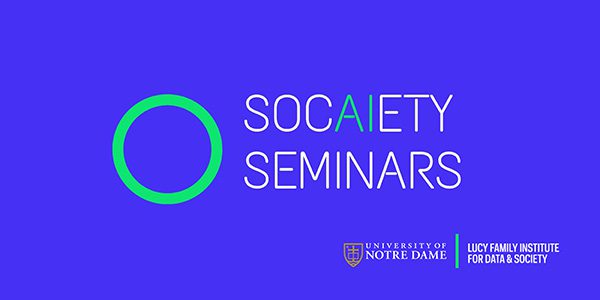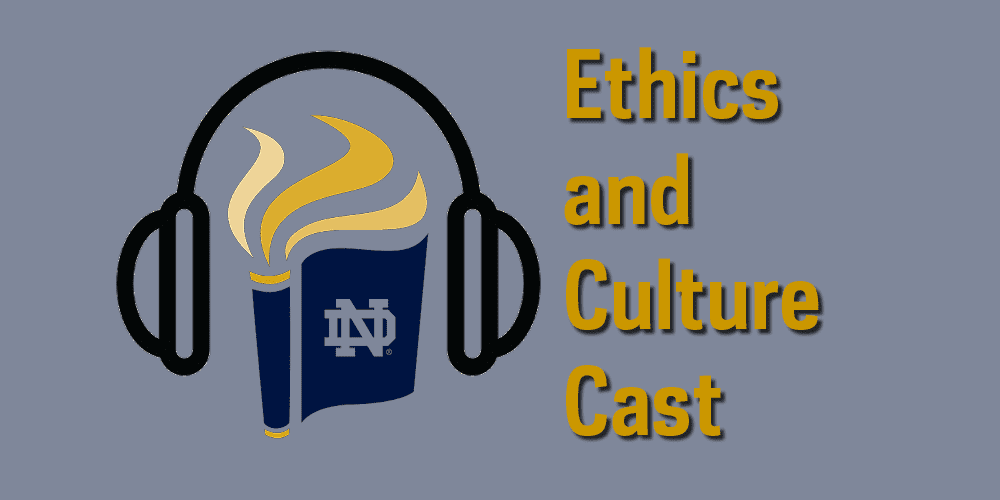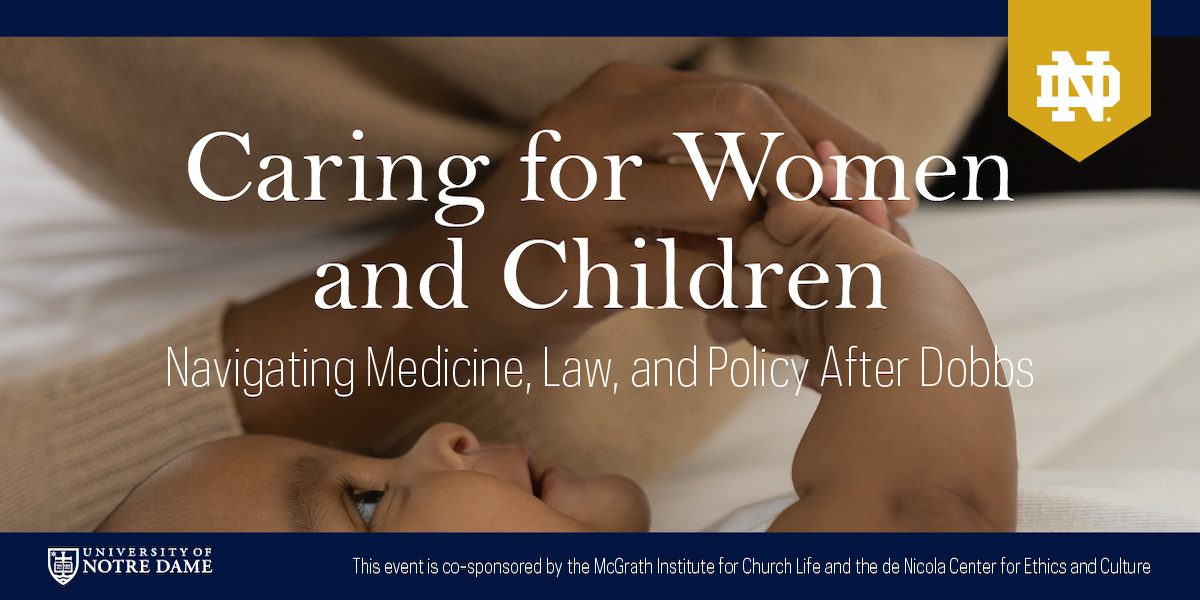Survival Strategy: How One Enzyme Helps Bacteria Recover from Exposure to Antibiotics
Beta-lactam antibiotics, including penicillin, are one of the most widely used classes of antibiotics in the world. Though they’ve been in use since the 1940s, scientists still don’t fully understand what happens when this class of drugs encounters bacteria.
Now, researchers at the University of Notre Dame have elucidated how an enzyme helps bacteria rebound from damage inflicted by antibiotics not strong enough to immediately kill the bacteria on contact.
The study, published in the Proceedings of the National Academy of Sciences, focuses on an enzyme in gram-negative bacterium Pseudomonas aeruginosa, a pathogen that causes pneumonia and sepsis. The enzyme, called lytic transglycosylase Slt, rapidly attempts repair of the organism’s cell wall, which allows the bacterium to survive and infection to proceed unabated.
Read more here.
April 9, 2018



